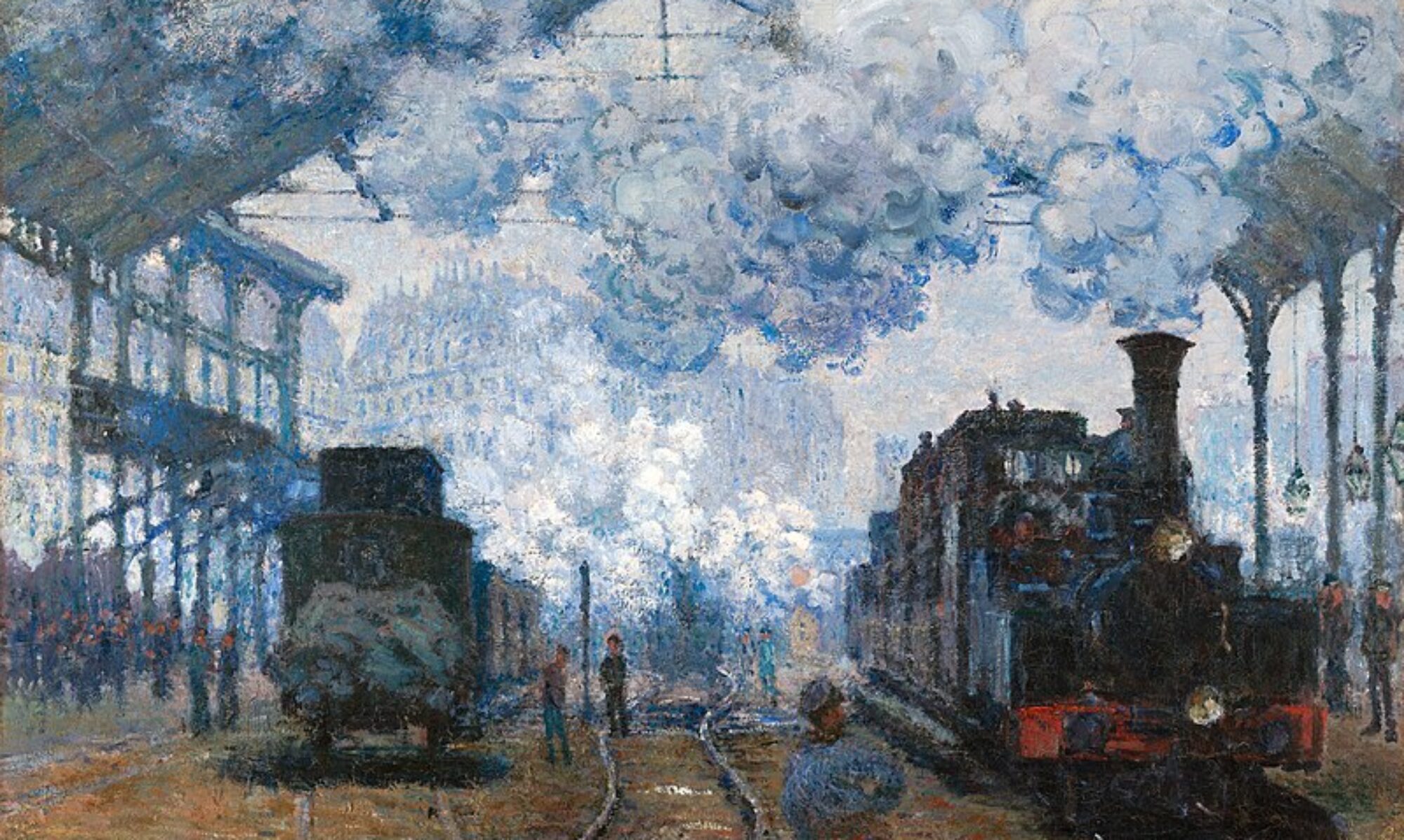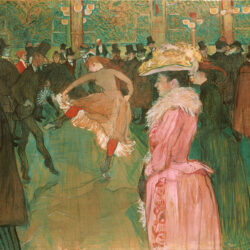Mary Wollstonecraft argues for equality between men and women in The Vindication of the Rights of Women . There are several points that she makes, but the one that stood out to me was the distinction between a person’s physical body and their soul or mind. There are two arguments that she uses this in, “I speak collectively of the whole sex; but I see not the shadow of a reason to conclude that their virtues should differ in respect to their nature. In fact, how can they, if virtue has one eternal standard?”. As well as a possible difference in the nature of a soul, “I have been led to imagine that the few extraordinary women who have rushed in eccentrical directions out of the orbit prescribed to their sex, were male spirits, confined by mistake in female frames… the inferiority must depend on the organs; or the heavenly fire [the soul]… is not given in equal portions”.
The first quote I picked is about the standard at which we judge a person’s virtue. If men are superior, they are judged for their virtue. However, since the definition of virtue, by nature, is unchanging, then women are also judged by that same standard. There can be no inherent difference, she argues, because both men and women are judged on the same level. Here, she focuses on a person’s soul, and concludes that all souls are equally capable of being virtuous.
The second quote deals with the relationship between the soul and the body it inhabits. If a man’s soul is superior by nature, then the women who have accomplished similar feats must have a man’s soul. This undermines the ‘superiority’ that men have simply for being a man physically, one sex does not have an inherent right over the other if women can have a male soul. If that is not true, then the fault must lie with the physical construction of a man or woman. If that is the case, then there is no difference between souls in either body, and men are only physically superior due to an inequality of traits.
Wollstonecraft distinguishes between a person’s soul and their physical body. How would this idea been received at the time, or even now? Why is this distinction important to her arguments for equality?

